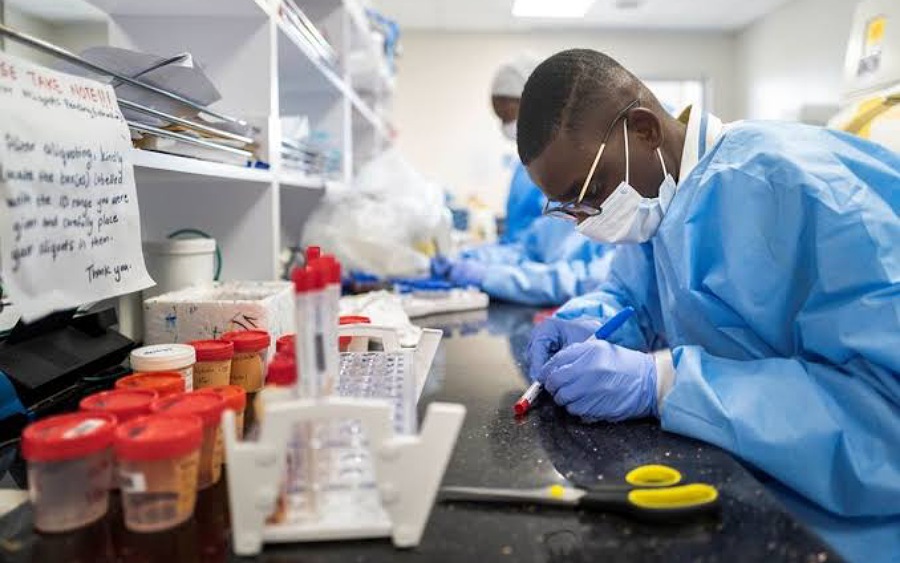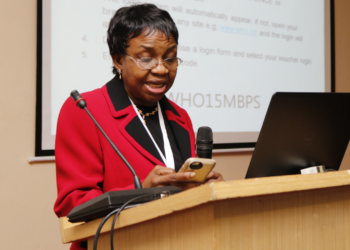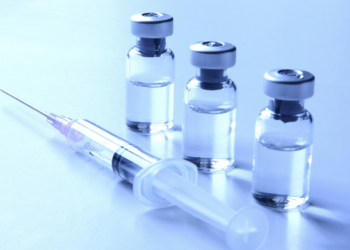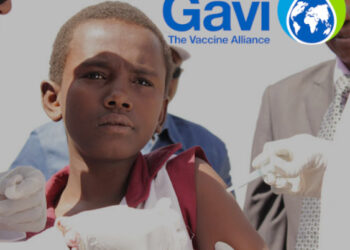BACKUP Health, in collaboration with the German Federal Ministry for Economic Cooperation and Development (BMZ) through the BACKUP Health project by Deutsche Gesellschaft für Internationale Zusammenarbeit (GIZ) GmbH, is supporting vaccine production-related further education and training in the African continent.
Nairametrics gathers that this has led to the continent setting an ambitious goal of producing 60% of vaccines locally by 2040.
In addition to this, the African Union and Africa Centres for Disease Control and Prevention (Africa CDC) had launched the Partnerships for African Vaccine Manufacturing (PAVM) initiative in 2021.
These collaborative effort aims to coordinate all relevant stakeholders and initiatives, paving the way for Africa to become more self-sufficient in vaccine production and distribution.
One example of this support is the introduction of the recent African Advanced Vaccinology (Afro-ADVAC) course as well as the MSc Vaccinology offered at the University of the Witwatersrand in South Africa.
What they said
Dr Sabine Fleßenkämper, team leader at BACKUP Health says that,
- “The aim of the AU is very ambitious, and it will need a multi-sectoral approach to make this happen.”
- “This means you need not only people from the health sector, but also regulation and quality control. You need not only people from the private sector on the manufacturing side but also from academia to train people. It needs coordination and cooperation between them all to make it happen”.
Importance of vaccines to achieve health outcomes
In recent years, vaccines have significantly reduced morbidity and mortality among children in Sub-Saharan Africa. However, the region still faces substantial inequality and gaps in vaccine coverage and supply, particularly during disease outbreaks.
To achieve the goal of expanding vaccine production in Africa, a highly skilled workforce with the necessary expertise is required.
Currently, Africa only produces little of the vaccines it needs, and there are limited African manufacturers capable of filling, finishing, developing, and manufacturing vaccines. As a result, Africa heavily relies on international producers for the majority of its vaccine supply.
The COVID-19 pandemic highlighted the risks of this dependency, as countries in Africa struggled to secure sufficient vaccine doses.
Efforts so far through Afro-ADVAC and Msc Vaccinology course
According to the PAVM initiative, it led to the creation of the Afro-ADVAC course which was developed with the aim of fostering African leadership in vaccinology expertise.
To this end, the fourth Afro-ADVAC course, Afro-ADVAC 2023, took place in Muldersdrift, South Africa, from 17th to 26th April.
The course brought together 50 participants from 16 African countries attending in person, alongside 50 participants joining online, and experts from various parts of the continent.
The course targeted mid- to senior-level professionals in the field of vaccinology, including scientists, doctors, veterinarians, pharmacologists, pharmacists, and public health scientists.
The selection process for attendees involved a rigorous online evaluation to demonstrate their suitability and how the course would impact their current and future policy-making roles.
The Afro-ADVAC course aims to have in-person representatives from as many African countries as possible, with others joining virtually.
BACKUP Health also supports a two-year full-time MSc course in vaccinology at Wits University. Since its inception in 2019, the MSc course has enrolled 41 students from 15 African countries, with 12 graduates so far.
The MSc course offered by Wits University covers a wide range of topics, including immunology, epidemiology, vaccinology, safety, regulation, and vaccine distribution.
Moreover, the course is designed to provide exposure to local vaccine manufacturing, such as at Biovac, allowing students to gain practical experience in addition to classroom studies.




















